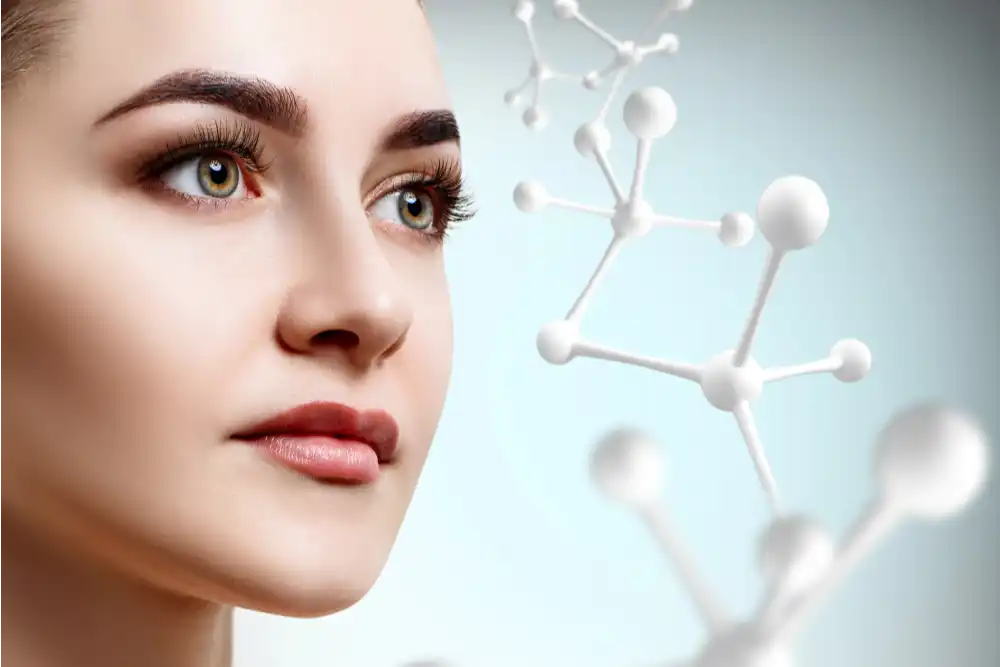Gratitude is more than a polite gesture—it's a powerful emotion with deep roots in our brain's wiring. Neuroscience reveals that gratitude can change the brain in remarkable ways.
When we express gratitude, our brain releases dopamine, the "feel-good" chemical. This neurotransmitter boosts our mood and enhances our well-being. Gratitude also activates the prefrontal cortex, the area responsible for decision-making and emotional regulation.
The practice of gratitude is a cornerstone of positive psychology. It emphasizes the benefits of focusing on what we have rather than what we lack. This shift in perspective can lead to a happier, more fulfilling life.
Research shows that gratitude can improve mental health by reducing stress and anxiety. It can also enhance physical health by boosting the immune system and improving sleep quality. The benefits of gratitude extend beyond the individual, fostering empathy and strengthening relationships.
In this article, we'll explore the fascinating science behind gratitude and how it can transform your brain and life. Whether you’re an individual seeking peace or working with a therapist in Palm Beach Gardens, understanding the neuroscience of gratitude can be a gateway to emotional healing.
Understanding Gratitude: More Than Just Saying "Thanks"
Gratitude goes beyond mere words—it's a heartfelt appreciation for the things in our lives. This profound emotion encompasses acknowledging kindness, generosity, and the beauty around us.
The practice of gratitude involves recognizing and celebrating the positives. It's about focusing on what truly matters rather than dwelling on what we lack. Gratitude can transform ordinary moments into sources of happiness.
Recognizing gratitude's importance involves understanding its varied dimensions. It's not just about thanking someone but also about embracing a mindset of abundance.
Gratitude can reshape our view of the world and ourselves. It creates a sense of fulfillment and contentment. As gratitude becomes a habit, it influences both mental and emotional health.
Gratitude isn't limited to major events or milestones—it can be practiced through simple, everyday actions such as:
- Appreciating small gestures
- Being thankful for personal growth
- Celebrating connections with others
Embracing gratitude can lead to a more harmonious and meaningful life. It encourages us to cherish every moment and our relationships deeply.
The Neuroscience of Gratitude: How Your Brain Responds
Gratitude triggers numerous reactions in the brain. It’s not just a fleeting feeling but a complex neurological activity influencing thoughts and behaviors profoundly.
When we express gratitude, certain brain areas light up—those connected to emotion regulation and cognitive functions. Feeling grateful stimulates the reward center, enhancing our sense of well-being.
Research shows gratitude improves neural pathways. Engaging in grateful thoughts strengthens circuits related to happiness, making gratitude a valuable tool for emotional health.
Gratitude practice can reshape the brain's structure over time, leading to long-term positive change.
Gratitude and Neuroplasticity: Rewiring for Positivity
Gratitude enhances neuroplasticity—the brain's ability to adapt and change. By practicing gratitude, we can rewire the brain for positivity and resilience.
When gratitude becomes part of therapy, such as in sessions with a therapist in Palm Beach Gardens, it reinforces new neural connections that promote optimism and calm. These practices can reduce stress, anxiety, and negative self-talk by training the brain to notice abundance over lack.
The Benefits of Gratitude: What Science Reveals
Scientific studies consistently show that gratitude practice boosts happiness, reduces anxiety, improves sleep, strengthens relationships, and enhances resilience. It not only supports emotional health but also contributes to physical well-being by lowering blood pressure and improving immune function.
By cultivating gratitude, individuals experience more empathy, compassion, and life satisfaction—key components of sustainable mental health.
Conclusion: Embracing Gratitude for a Healthier Brain and Life
Gratitude holds transformative power for both the mind and body. It enhances emotional well-being, rewires neural pathways, and builds resilience.
Consistently practicing gratitude can lead to a more optimistic outlook and deeper fulfillment. Let thankfulness become your daily mindset—rewiring your brain for happiness, health, and connection.





.webp)











